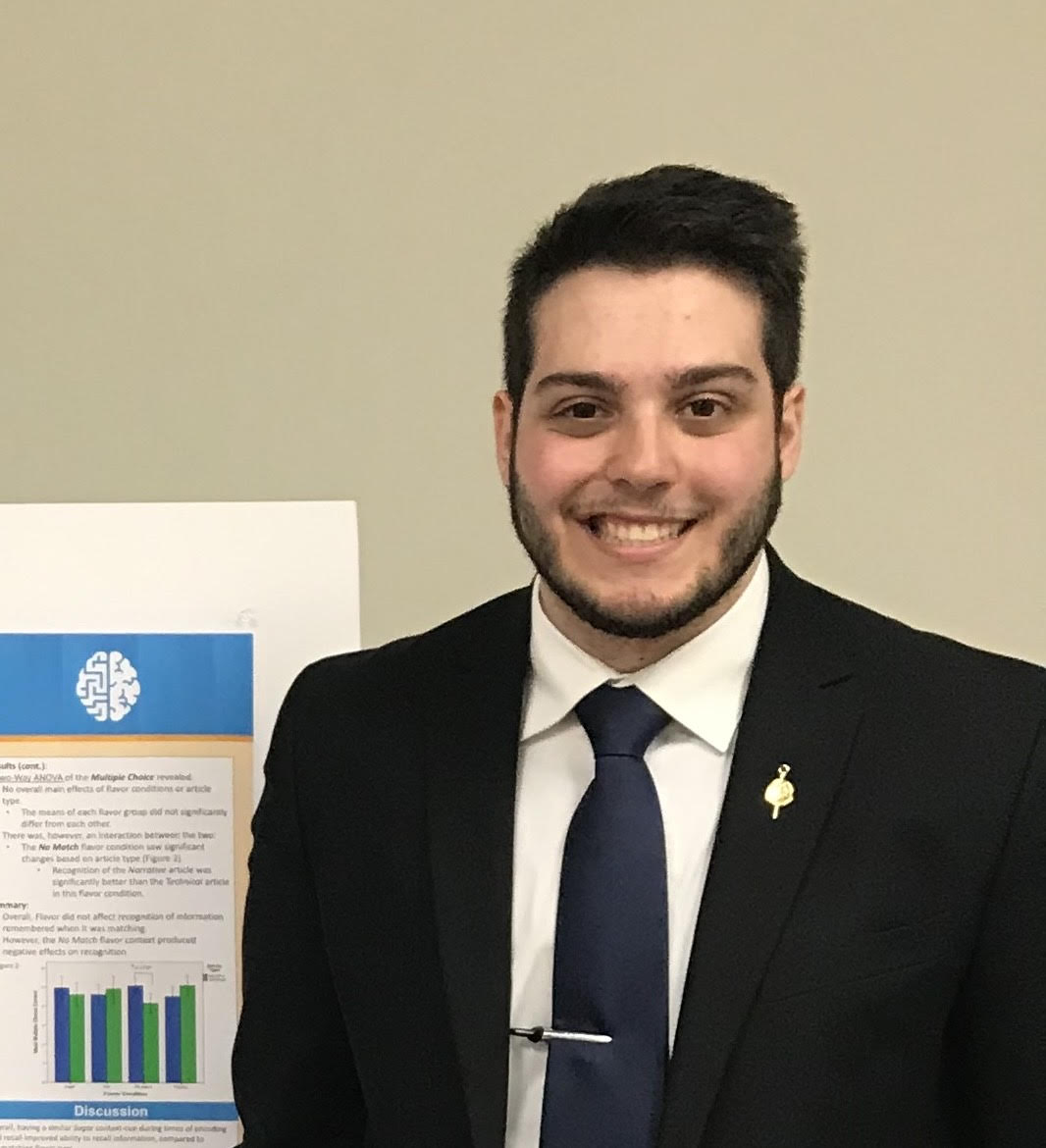Autism Spectrum and Developmental Disorders
Examining Parenting Stress and Self-Efficacy of Autistic Children Receiving Inpatient Care
(PS4-39) Examining Parenting Stress and Self-efficacy of Autistic Children Receiving Inpatient Care
- LB
London Bowers, B.A.
Graduate Student
University of South Alabama
Mobile, Alabama, United States 
Vasilios C. Ikonomou, M.S.
Doctoral Student
University of South Alabama
Mobile, Alabama, United States- JA
Jordan Albright, Ph.D.
Assistant Professor
University of South Alabama
Mobile, Alabama, United States
Author(s)
Co-Author(s)
Introduction: Parents of autistic children report experiencing increased stress compared to parents with neurotypical children. Increased parenting stress can negatively impact parents’ ability to support and advocate for their children. While literature supports the relationship between autism severity and parenting stress, it is unclear how co-occurring mental health and behavioral concerns impact this relationship. In the present study, we used the Autism Inpatient Collection (AIC) at the Interactive Autism Network to examine parenting stress amongst autistic children with high levels of irritability and aggression compared to age-matched autistic peers.
Methods: 42 children and adolescents (M = 12.5 years old, SD = 3.0; 88.1% White, 11.9% African American, 64.3% male) were selected from the Autism & Developmental Disorders Inpatient Research Collaborative (ADDIRC) database. Measures used included the ADOS-2, Aberrant Behavior Checklist, Parenting Stress Index (PSI), Difficult Behavior Self-Efficacy Scale , Child Behavior Checklist, and demographic information collected from admissions. Groups were formed based on severity of aggressive behaviors and irritability (High/Low) within Modules 1 and 2 of the ADOS-2. Twenty-one youth were considered “high severity” in behavioral disturbance and 21 youth were matched to make a “low severity” group.
Results: Independent samples t tests were conducted to examine differences in parental stress, self-efficacy, and history of emergency services use at time of admission. Significant differences were seen on total parental stress [t(25.25) = 2.65; p = .014; d = .92], parent–child dysfunctional interaction PSI subscale [t(23.83) = 2.55; p = .018; d = .90], and difficult child PSI subscale [t(35) = 2.71; p = .01; d = .95]—with the high severity group having higher levels of parental stress on admission. Additionally, there were differences in self-efficacy [t(38) = -2.31; p = .027; d = .73], where the high severity group had lower levels of self-efficacy than the low severity group. There were no significant differences between the severity groups based on history of emergency services use or history of prior psychiatric hospitalizations.
Discussion: Our results suggest that parents of autistic children who are highly irritable and aggressive experience greater stress than parents of autistic children, generally. This increased stress could impact their ability to advocate and provide support for their children. Targeted intervention strategies are needed to support parents of autistic children with this symptom presentation. Inpatient facilities may be a touchpoint for this type of parent intervention.

.png)
